As you’ve probably heard, TOEFL stands for “Test of English as a Foreign Language”. Much like SAT, it’s a standardized test taken by non-native speakers of English to measure their speaking proficiency. Getting a good grade means increasing your chances of getting your foot in the door of numerous universities, particularly the ones in the US that require the candidates to display an excellent command over the English language.
TOEFL is divided into the following 4 sections:
- Speaking
- Listening
- Reading
- Writing
Many students struggle with not knowing how to prepare and are unfamiliar with the TOEFL speaking test questions they are likely to encounter. And, if your academic ambitions are high, you are likely under immense pressure to absolutely nail it. This is especially true if you’re an introverted type of person, which makes the whole experience that much more nerve-wracking. With this in mind, we’re going to share valuable tips on how to pass TOEFL speaking test, giving you an idea what kind of questions await and other strategies you can employ to give you an edge.
1. Record your voice (and analyze it)
Recording your voice and listening to how you sound is the best TOEFL speaking test practice imaginable. When speaking, you’re likely to be focused on the correct pronunciation, making it harder to objectively assess your performance in real-time. But listening to recorded samples of you speaking allows you to be objectively self-critical and gives you a better idea of where you stand. The good news is that nowadays, even the most basic of smartphones come with an audio recording app preinstalled, which should be more than enough to get you started. You can even share the recording with a friend and ask for their opinion. Or, you can ask one of our Novel Prep TOEFL experts for help to quickly identify what you still need to be working on.
2. Don’t just passively listen to native speakers – practice makes perfect!
Yes, listening to recordings of native speakers is undoubtedly important. But keep in mind that knowing how to correctly pronounce a certain word can be completely different than actually doing it in practice. Remember how it was when you first learned to ride a bicycle? Watching other kids do it probably made it seem easy, but when you first sat on one yourself, it was probably a whole different story. But then again, practice makes perfect! In other words, TOEFL speaking test practice is essential, and there’s no way to cheat your way out of this one. If you want results, you’re going to need to put in the necessary time. How much, you ask? This depends on how busy your schedule is at the moment. Our best advice is to start small, even if it’s just 10 minutes a day. Something as small as that can make a monumental difference to your progress.
3. Not sure how to pronounce a certain word? Use an online dictionary!
Students often find themselves in a situation where they know the meaning of a word, know how to spell it, but fall flat when it comes to pronouncing it. Fortunately, this has a very easy fix if you’re familiar with the trick that we’re about to share – using an online dictionary. With its cutting-edge text-to-speech technology, you can simply type in a word and it will pull up all the pronunciations for it (note that there are subtle differences between US and UK English in this regard). As a matter of fact, we recommend you make a list of all the words and run them through the dictionary to fill all the gaps in your knowledge. Better yet, why not make it a habit? Have a dedicated section of your notebook just for the purpose and witness the difference it can make over the course of time. After all, knowing the correct pronunciation is just as essential as knowing all the tips on how to pass TOEFL speaking test.
4. Make time for practicing
This may sound trivial, but knowing how to manage your time properly and create an opening in your schedule can be just as crucial as the practice process itself. At Novel Prep, we can’t emphasize enough how important it is to develop a habit when studying. Just as you always make room for brushing your teeth without even having to give it a second thought, so should studying become second nature over time. At first, however, it may feel foreign, so you’re going to need to proactively work on getting that much-needed TOEFL speaking test practice in every day. Does your brain tend to cooperate best in the morning or are you more of a night owl? Whichever the case may be, make sure to remove any and all distractions while you’re at it and don’t stray off course.
5. Struggling with productivity? Utilize the Pomodoro technique and use a timer!
The Pomodoro technique is a famous productivity hack that sort of forces you to make the most of your time. In essence, it works by setting a timer (usually for 25 minutes, although you are free to tweak this to your preferences). The goal is to give it all you’ve got without stopping by focusing on the task at hand. Once the time is up, that’s all for this session! This will effectively stop you from procrastinating and train your brain to allocate its resources to what’s in front of you. You can be even more specific than that and allocate a timeframe that you cannot stray away from when answering each TOEFL speaking test question. For instance, you could give yourself 30 seconds to come up with an answer and 60 seconds for speaking (this is how the actual TOEFL speaking test structure is like, so you will be effectively practicing for the real thing).
6. Analyze your responses by pretending like you’re the one who’s grading
One of the most effective tips on how to pass TOEFL speaking test is to pretend like you’re the one who’s doing the grading – except you’ll be grading your own answers. Like we’ve mentioned above, it’s best to record them so you won’t have to do this in real time. If you want to make the simulated grading more realistic, conduct the TOEFL speaking test with answers you prepare ahead of time, but pick them randomly so you won’t know what’s coming – just like in a real testing environment. After you’re done, analyze the recording and try to grade yourself just like a real TOEFL examiner would by asking the following questions:
- Was the answer at least 42 seconds long?
- Did your voice come across as natural or did it sound too robotic?
- Did you finish your speaking session with a short and to-the-point conclusion?
- Was your introduction 12 seconds or less or did it go out of hand?
- Did your answer include any transitional phrases?
- Was there an anecdote or some sort of a personal touch in your answer?
In case you’re wondering, the above TOEFL speaking test example is exactly how a real-world TOEFL examiner would evaluate your answer, so if you’re struggling to stay objective, now you know how.
7. Learn some of the transition phrases
It’s a good idea to familiarize yourself with TOEFL speaking test topics, but it’s an even better idea to learn some transition phrases you can re-use over and over again no matter what kind of questions you’re tasked with answering. That’s a powerful ace to have in your sleeve, because you can always rely on these to come in handy when your mind goes blank. Examples include:
- In my opinion…
- To be honest…
- Speaking from experience…
- I think that…
- You see…
- I have to say that…
- Also…
- However…
- Then…
- From what I can tell, the person in the recording discusses X
- The lady seems to have a strong opinion about X
- etc.
These act as sentence starters and help contribute to the overall flow of your speaking. If your mind starts to go blank, you can blurt out one of these and then pause for a couple of seconds to collect your thoughts before proceeding. By the way, do you need even more TOEFL speaking test examples like the ones we’ve shown you below? This and much more awaits you as part of our TOEFL preparation course. It’s designed to take you from point A to point B in as little time as possible, all while going in-depth about how to pass TOEFL speaking test with flying colors.
8. Get familiar with the format
Getting familiar with the TOEFL speaking test format is one of the most important things to do if you want to make sure that nothing will catch you off guard. The gist of it revolves around answering questions that are related to a certain topic in a conversational manner. While the first TOEFL speaking test question will have you discuss one of your opinions or experiences, the remaining 3 will place you in a fictional scenario involving multiple speakers for you to comment on (or you will be played an excerpt from a media outlet and similar). Another TOEFL speaking test sample may have you listen to a textbook reading and requiring you to summarize it.
So, if we were to summarize the TOEFL speaking test format, it would be as follows:
- Question 1: Independent speaking
- Questions 2, 3, 4: Integrated Speaking, Reading, and Listening
You will be given 15-30 seconds to prepare and 45-60 seconds to respond (depending on the question).
9. Understand the official TOEFL grading procedure
In one of the prior paragraphs, we’ve already revealed what kind of questions the graders ask themselves when evaluating your answers. Now let’s give you some insights into how they are supposed to be grading them. For each of the 4 TOEFL speaking test questions (or rather the sections if you will), you will get up to 4 points, converted to a score between 0 and 30. Below, you will find the criteria used to determine the score:
- Fluency. The overall flow of your speaking should be natural without too much hesitating or intermittent pausing.
- Grammar. Your answer to every TOEFL speaking test question should be as grammatically correct as possible across simple and complex sentence structures alike.
- Organization. Are your answers easy to follow or all over the place? Remember the transition phrases we’ve talked about before? Having these in your arsenal is a quick and easy way to improve your score in this section.
- Relevancy. Did your answer address the original question that was asked or did you go off topic?
- Pronunciation. Apart from using the correct pronunciation, your grade will also be based on how you intonate them. Don’t worry about having a non-native accent though – that will not impact your score in a negative way.
- Vocabulary. Are you mostly using the most basic of words or have you demonstrated a rich vocabulary? This can be quite tricky, since your answers must also be relevant.
- Pacing. You have a finite amount of time to convey your answer, so make it count. However, you must not speak too quickly as this may make your answer seem rushed.
- Information. Certain tasks will require you to summarize key information presented in the audio or provide your commentary on it.
- Intelligible. Everyone makes grammar mistakes once in a while, but did yours take away from the listener’s ability to perceive the message you were trying to convey?
10. Stick to a strategy
Unless you’re exceptionally good at improvising, you’re best off sticking to a proven strategy. That does not mean that your answers should sound scripted, but rather on your ability to adapt a proven formula on the fly so it best fits the purpose. If you’re asked to formulate an opinion, choose a side and defend it using rational arguments and logical reasoning. You can, however, try to provide an educated guess by placing yourself in the shoes of the speaker and elaborate on why he or she may be feeling a certain way. These are just some general pointers that will nudge you in the right direction.
11. Study TOEFL speaking test sample questions
One of the best ways to prepare is to study some sample questions for TOEFL speaking test and get familiar with them. Speaking of which, did you know you can take a TOEFL speaking test online and study with our seasoned Novel Prep tutors? They will provide you with sample answers for TOEFL speaking test to prepare you for what’s to come. These can be any of the following types:
- Three choices
- Preference
- Agree of disagree
- Advantage or disadvantage
- Providing an explanation
12. Don’t be shy – work with a mentor!
Last but not least, working with an experienced Novel Prep TOEFL tutor is one of the best ways on how to pass TOEFL speaking test. They will:
- Identify what you still need to work on
- Provide feedback on your audio samples
- Prepare structured exercises
- Provide personalized guidance
- and more!
So many students who have worked with us report that we’ve managed to alleviate a huge chunk of their anxiety related to the TOEFL exam. Not only that – we have a proven track record of helping our students succeed and reach their academic goals. So don’t be shy – get in touch and let’s start working on your English speaking skills today!
Conclusion
Knowing how to pass TOEFL speaking test involves studying some example questions and a ton of practice. Our Novel Prep tutoring experts recommend that you commit to practicing every day, even if it’s just for 10 minutes, to make it a habit that will last.
FAQs
What is the minimum score in TOEFL speaking test?
You can score anywhere from 0 to 30. However, most universities tend to require a TOEFL score of at least 20.
How is TOEFL speaking test conducted?
The TOEFL speaking test format consists of 4 questions, with the first one being the most open-ended, and the rest more structured in nature. You will have 15-30 seconds to prepare and 45-60 seconds to answer the question.
How long is the TOEFL speaking test?
The TOEFL speaking test lasts roughly 16 minutes in total.
How many tasks are there in TOEFL speaking test?
4 questions in total. They are designed to assess your capacity to speak English and the ability formulate an argument.



